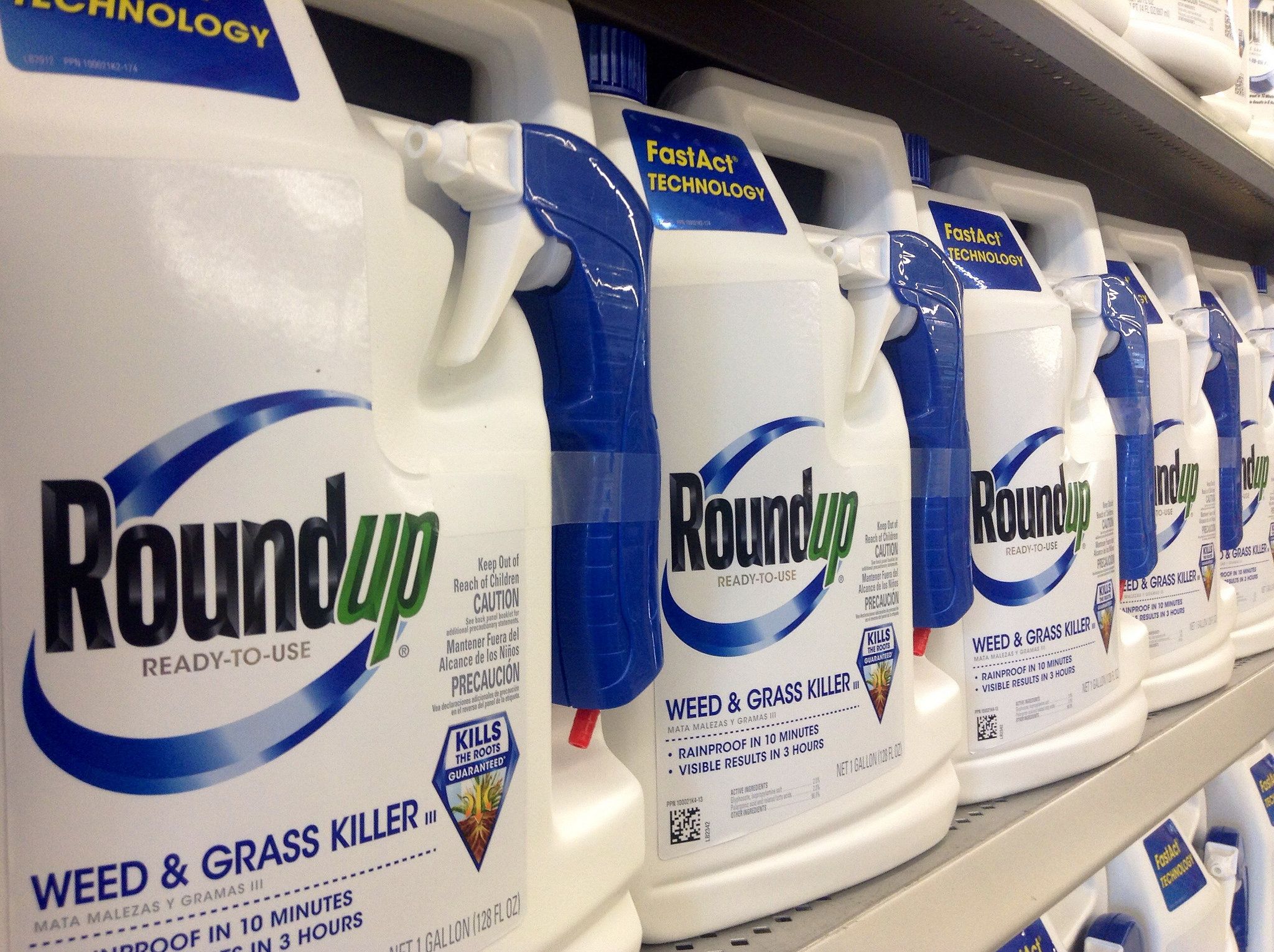Monsanto Files Lawsuit Over Plan to List Roundup as Carcinogen
Ag chemical maker Monsanto has filed a lawsuit against the California Office of Environmental Health Hazard Assessment (OEHHA). The agribusiness giant wants to block the inclusion of glyphosate, the active ingredient in its infamous pesticide Roundup, in California’s Proposition 65 list of dangerous and cancer-causing chemicals.
The agency announced its intention to add glyphosate to the list in September 2015, sparking a public debate over the public safety risks that Roundup may pose.
Monsanto’s main argument strikes at the science the OEHHA reportedly used in its decision, which includes a determination from the International Agency for Research on Cancer, maintained under the auspices of the World Health Organization.
New Zealand Considers Referendum that would Legalize Cannabis by 2017
Politicians in New Zealand have proposed a referendum in the next general election that would legalize cannabis by 2017. Former Central New Zealand Union president Helen Kelly has spoken out in favor of the measure, citing her own experiences with using the product while undergoing treatment for lung cancer and her difficulties accessing cannabis products. Although others have expressed their support for their measure, some are reluctant and fear that the measure would lead to approval of cannabis for recreational uses.
Davos Attendees Call for 50% Reduction in Food Waste
A coalition of 30 leaders in attendance at the World Economic Forum in Davos, Switzerland introduced a coalition called Champions 12.3 to spur momentum in the fight against food waste around the world. The coalition’s name is derived from Target 12.3 of the UN Sustainable Development Goals, which aims to reduce per capita food waste and food losses by 50 percent in the year 2030.
The Rockefeller Foundation also used the Davos forum to formally launch YieldWise, a $150 million initiative to showcase how Target 12.3 can be achieved on time. The Rockefeller Foundation referred to the agriculture and food security endeavor as the next major chapter of its work.
Florida State Introduces Three GMO-Labeling Bills as Vilsack-led Talks Stall
Lawmakers in Florida have introduced three new pieces of state legislation that would impose mandatory labeling requirements for GMO foods, including both raw and processed goods. The legislation—SB 1700, SB 1709, and HB 1369—may be rendered moot if the US Senate moves forward with considering the Safe and Accurate Food Labeling Act, a federal bill that would impose a voluntary labeling scheme administered by the US Food and Drug Administration. Other states are reportedly also considering similar legislative efforts, including Rhode Island, Alaska, Missouri, and New Jersey.
During the past several weeks, US Secretary of Agriculture Tom Vilsack has been holding closed-door meetings with key industry leaders in attempt to hammer out a deal on GMO labeling. In a recent blog post, one of the meetings’ attendees, Tara Cook-Littman, indicated that the parties had failed to find enough common ground to reach an agreement.
Shoppers Seek Natural Products without Knowing Meaning
A Consumer Report released this week indicates that 62 percent of consumers look for foods labeled as “natural” in the supermarket with half of those purchasers believing that the claim was verified independently. The report’s release is rather timely in light of the FDA’s recent request for comment on how the general public and industry at large view the term and the FDA’s rule in regulating its use. Despite widespread consumer demand and requests from federal court judges seeking clarification on the term’s use, the FDA has yet to provide a specific definition for the term.
So what does natural mean to supermarket goers? According to the report 85 percent of shoppers surveyed said natural products should not contain GMO ingredients while 87 percent indicated they’d be willing to fork over more dough for products labeled as natural if the contents matched their preferences. The final date to submit comments on the use of the term natural in food labeling is May 10, 2016. Consumer Reports is advocating for the FDA to ban use of the term.
US Senators Block Appointment of Obama’s Nominee for FDA Head
Three senators have blocked confirmation of President Obama’s nominee for head of the FDA, Robert Califf.
Alaska Senator Lisa Murkowski (R-AK) was the first to block Markey’s nomination. She cited the agency’s decision to approve genetically-engineered salmon while not imposing a labeling requirement as the basis for her decision. According to a statement from the Senator’s office, she “will not stand back and just watch these genetically engineered creatures be placed in our kitchens and on our tables without a fight.”
Senator ED Markey’s (D-MA) interference relates to the agency’s approval of OxyContin for kids and other practices the agency has employed regarding opioid painkillers. Presidential hopeful Bernie Sanders (I-VT) cited concerns about the nominee’s ties to pharmaceutical companies and echoed Markey’s criticism of the agency’s approach to opioid regulation.
Proterra Investment Partners Spins Out of Cargill’s Black River
Proterra Investment Partners has spun out of Black River Asset Management as a standalone, natural resources-focused investment advisor and private equity fund manager, in a management buyout. Prior to the move, the Proterra team managed the Black River’s private equity business of agriculture mega company Cargill.
Pro terra now manages over $2.1 billion in committed capital, gathering fund commitments from partners following exits from Black River. Proterra will focus on the natural resources sectors of agriculture, food, and metals and mining.
Have news or tips? Email [email protected]
Image credit: Mike Mozart on Flikr





